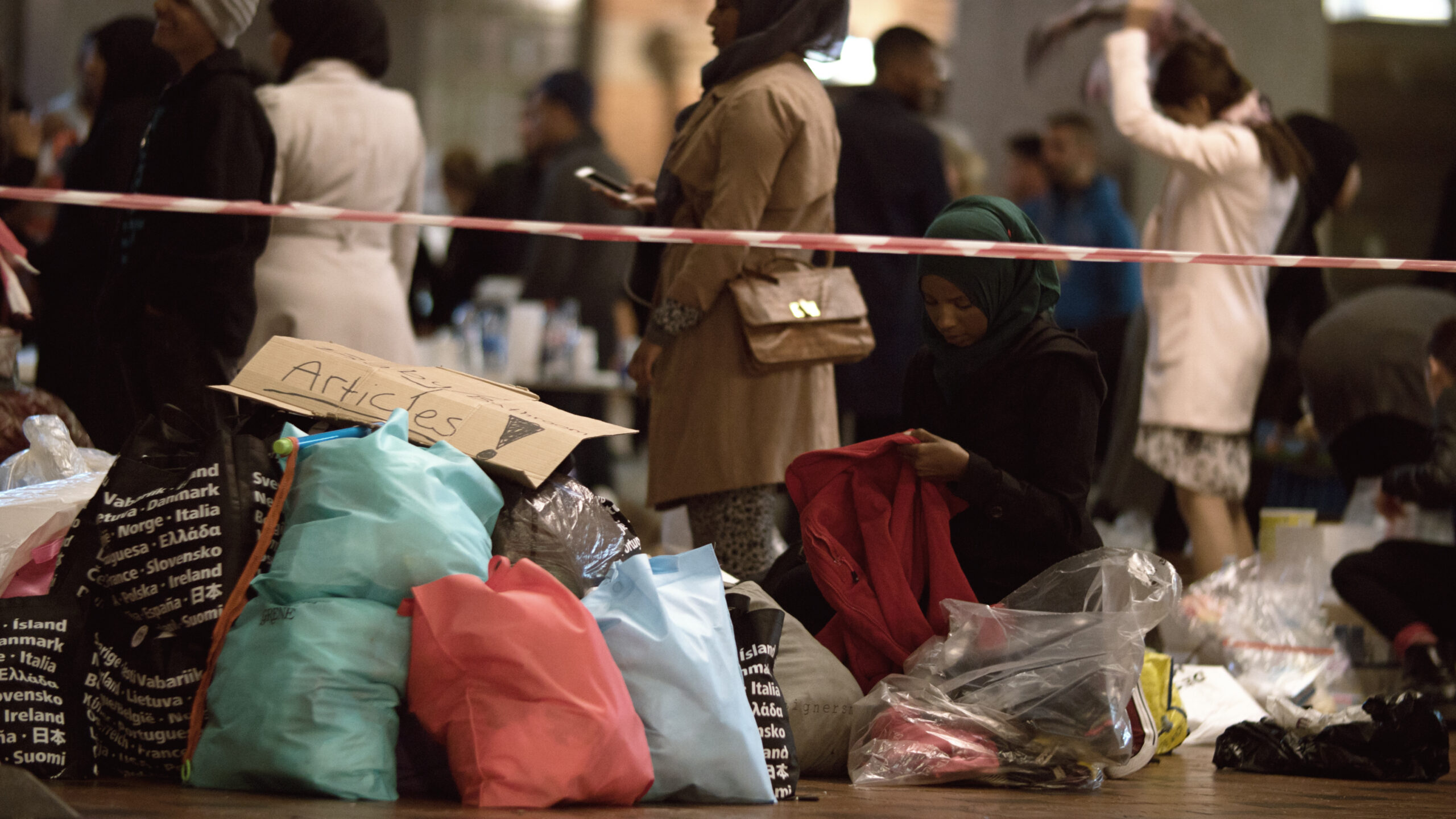« En date du 20 octobre 2023, Monsieur le Ministre de l’Immigration et de l’Asile a tenu une conférence de presse annonçant que les réfugiés hommes célibataires arrivant dans le cadre du système de Dublin et, par conséquent ayant déjà entamé une procédure d’asile dans un autre pays européen, ne seraient plus automatiquement admis dans les structures d’accueil de l’État. Il s’avère que malgré les efforts mis en œuvre pour assurer un accueil de réfugiés, le nombre croissant d’arrivants se heurte au manque de capacités d’hébergement et les structures existantes ont atteint leurs limites. Dans ce contexte, RTL Telé Lëtzebuerg a diffusé fin octobre un reportage montrant des personnes vivant actuellement dans des tentes à Luxembourg-ville.
Dans ce contexte, nous aimerions poser les questions suivantes à Monsieur le Ministre de l’Immigration et de l’Asile :
- Combien de personnes dites « Dubliners » sont actuellement au Luxembourg ?
- Combien de « Dubliners » ont été interdits de séjour sur le territoire luxembourgeois au cours des cinq dernières années ?
- Combien de personnes sont actuellement placées au centre de rétention ? Quels sont les profils de ces personnes (provenance, statut) et les raisons de leur détention ?
- Combien de personnes n’ayant pas obtenu le statut de protection internationale ont été expulsées du Grand-Duché au cours des cinq dernières années ? Quelles étaient leurs origines et vers où ont-elles été expulsées ?
- Combien de personnes déboutées vivent actuellement dans les structures d’hébergement au Luxembourg ?
- Depuis les annonces récentes de Monsieur le Ministre, est-ce qu’une première diminution de personnes dites « Dubliners » arrivant au Luxembourg a pu être constatée ? »






